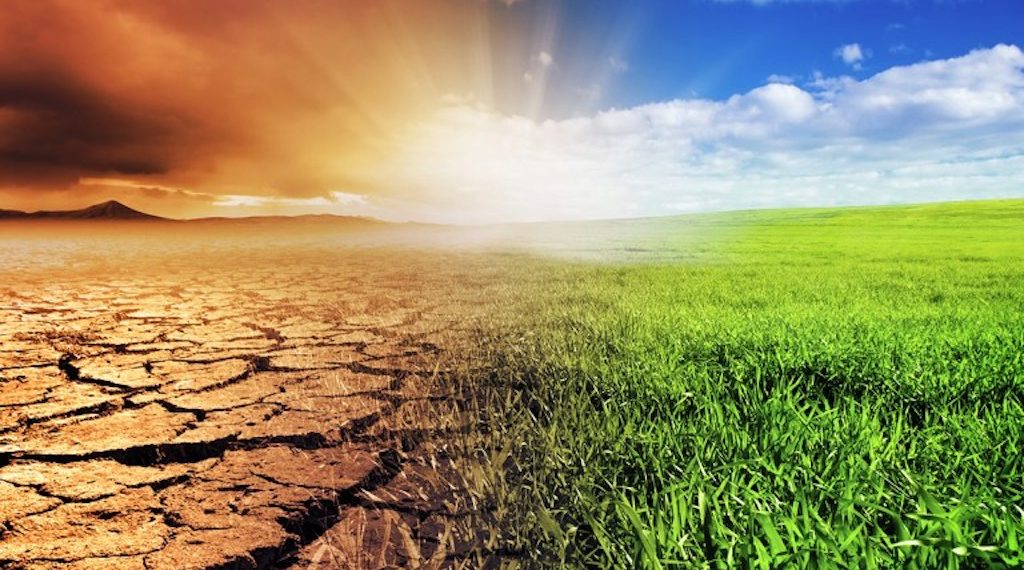Global Climate Crisis Takes Center Stage: Urgent Actions Needed Now
The global climate crisis has reached a tipping point, with its impact becoming increasingly evident. Urgent actions are imperative to address the looming environmental catastrophe. This article delves into the critical need for immediate intervention to combat climate change and its far-reaching consequences.
The global climate crisis refers to the long-term alteration of Earth’s average weather patterns, primarily driven by human activities such as burning fossil fuels, deforestation, and industrial processes. This crisis has resulted in rising global temperatures, extreme weather events, and the disruption of ecosystems, posing a severe threat to all life on Earth.
The Alarming Statistics
Recent data paints a grim picture of the climate crisis. Warming trends have accelerated, with 2020 tying for the hottest year on record. Rising sea levels, melting polar ice, and catastrophic wildfires are becoming increasingly common. These statistics underscore the urgency of taking immediate action.
Environmental and Economic Impact
The climate crisis is not just an environmental issue; it’s an economic one too. Extreme weather events, like hurricanes and droughts, lead to massive economic losses. Agriculture, fisheries, and tourism are among the sectors suffering the most. The cost of inaction is far greater than the investment required to mitigate climate change.
Global Responsibility
Addressing the climate crisis necessitates international cooperation. The Paris Agreement, signed by nearly 200 countries, represents a commitment to limit global warming to well below 2 degrees Celsius. However, more substantial efforts are needed to meet these targets and avoid catastrophic consequences.
Transitioning to Renewable Energy
One of the most effective ways to combat climate change is transitioning to renewable energy sources like solar and wind power. Governments, businesses, and individuals must accelerate this shift to reduce greenhouse gas emissions and curb the warming of the planet.
Preserving Biodiversity
Climate change also threatens biodiversity, with species facing extinction due to habitat loss and changing ecosystems. Conservation efforts are essential to protect vulnerable species and maintain ecological balance.
Individual Actions Matter
While governments and industries play a significant role, individuals can also make a difference. Reducing personal carbon footprints through energy conservation, sustainable transportation choices, and supporting eco-friendly products are vital steps everyone can take.
The global climate crisis is no longer a distant threat; it is happening now, and its consequences are evident. Urgent actions, at local, national, and global levels, are crucial to mitigating the worst effects of climate change. The time to act is now, and together, we can work towards a sustainable future for our planet.















Post Comment